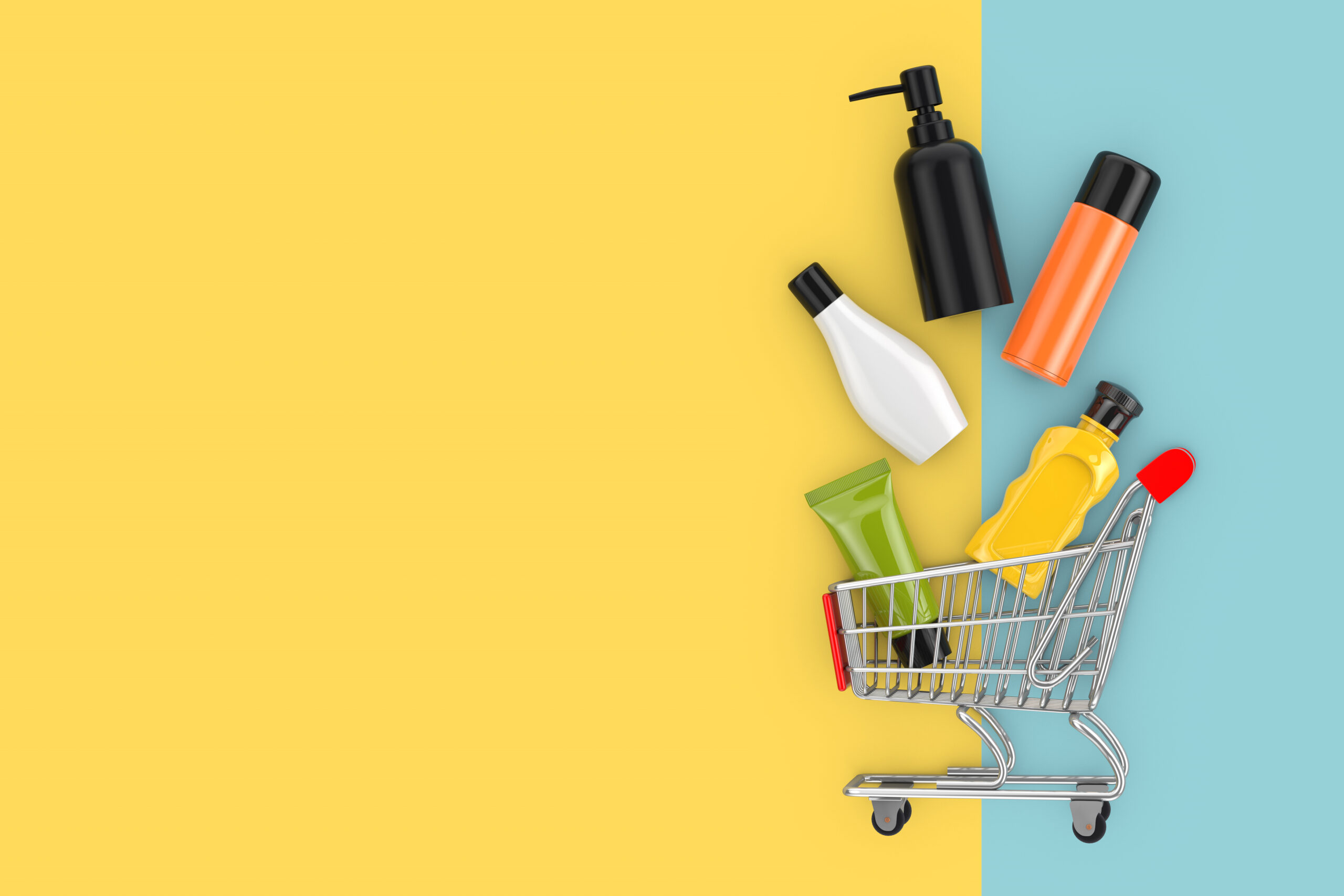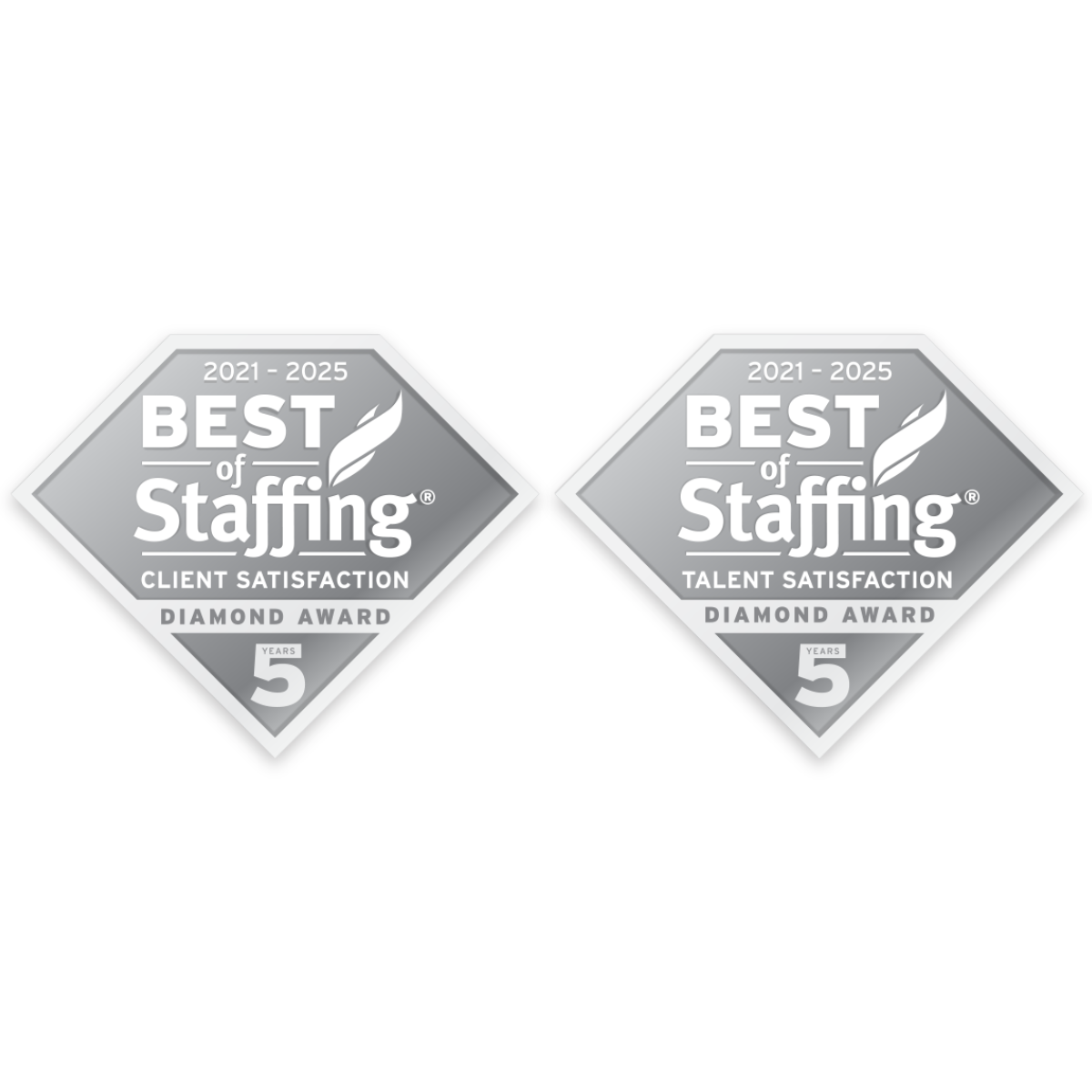Private label brands continue to go from room to room, and it looks like they might take over more than half the house. In fact, more than 50 percent of grocery shoppers have bought more private brands over the past year, and almost half of surveyed shoppers plan to buy more private brands this year and beyond.
“Private label” refers to products produced by a third-party manufacturer and sold under a retailer’s brand, where the retailer manages the product’s specifications, advertising, marketing, packaging, pricing, and store placement. These brands are also a significant contributor to e-commerce, driving online sales for big box retailers like Costco, Target, Trader Joe’s, Walmart, and Whole Foods.
But how does private labelling work? Macy’s, for example, sells hundreds of well-known and much-loved brands, both in-store and online. If you’re a Macy’s shopper and you’re wearing something from Club Room or I.N.C., you are attired in one of the store’s more than 25 private labels.
Increasing Competition for Popular Brands
Macy’s and other retailers’ private labels provide customers with high-quality branded goods at lower price points. Macy’s Club Room, for example, competes with well-known brands such as Lacoste, Ralph Lauren Polo, and Tommy Bahama, while their I.N.C. line’s all-around prêt-à-porter clothing is sold alongside popular labels like Aldo, DKNY, and Lucky (among many, many others). About 16 percent of Macy’s fiscal 2022 sales of $25.4B came from private brands, and Macy’s continues to examine its private brand portfolio to identify underserved aesthetic and customer profile gaps.
The benefit for Macy’s and other retailers is obvious: by offering well-made, less-expensive alternatives to established brands, the store retains customers whose budgets might not permit them to purchase more expensive brands, such as Brooks Brothers and Dolce & Gabbana, providing them with similar, well-made yet more affordable items. Shoppers are inclined to trust these private labels, since they’re sold by a renowned retailer. Plus, every private label product Macy’s sells means the store doesn’t have to split sales with a national or international brand.
At supermarkets and big box retailers with in-store groceries, too, private label is the new key to the kingdom. Driven by increased food prices and growing sustainability concerns, more shoppers than ever are finding their way to private label brands on supermarket shelves. Private label products actually accounted for 20.7% of U.S. grocery industry unit sales in 2023, a record level, gaining significant ground on established national brands in terms of units sold.
Trader Joe’s has long been the dominant business model for sales of private label products, with Target and Walmart looking to compete with the grocery chain’s iconic brands like “Trader Giotto” beloved by consumers for their internationally inspired dishes with private labels of their own. Target’s private label food brands include Good & Gather and Market Pantry, while Walmart recently announced the launch of bettergoods, their private label brand that aims to make “quality, trend-forward, and chef-inspired food approachable and affordable.” bettergoods is Walmart’s biggest private label brand launch in two decades, which means investment in this area is only growing.
Top-shelf Attraction
Beyond lower prices, how do private labels compete with national brands that already have an established customer base? These brands have to get creative to capture consumer attention, both in-store and online, in order to draw shoppers away from the legacy brands they’ve likely known and purchased for years. Essentially, private label brands face the complex challenge of remaining adjacent to their parent retailer’s overall brand identity while establishing a niche of their own to compete with the vast array of products in their particular category. It’s a battle for digital and physical shelf space that requires careful consideration.
Marketing and creative strategy is what truly determines the success of leading private label brands at the end of the day, especially when it comes to customer acquisition. Advertising, branding, campaigns, consumer insights, coupon design, e-commerce activation, and packaging design are all make-or-break opportunities in this arena, but packaging can often be the foot-in-the-door any private label needs.
Eyes on the Prize
Up and down the supermarket aisle, packaging is everything, and retailers need to create packaging that literally stands out — both in-person and on-screen. Private-label packages historically mimicked the look and feel of their competitors, but retailers today are looking to brand these products in a new way that captures the attention of customers while simultaneously communicating the benefits and quality of the brand. This is an especially important driver of brand reputation in clothing and grocery where customers are looking beyond price alone to the quality of ingredients and materials and their sustainability, encompassing everything from fair trade sourcing and ethical manufacturing to the use of recycled materials.
This means packaging designers are now tasked with label copy that dovetails with package visuals — a creative problem-solver’s dream. It’s true shoppers are still drawn to singular packaging, especially when it comes to color and design, but once the package is in their hands today’s consumer is looking for facts and figures that convince them to bring the product to checkout. Designing the perfect package for a private label product, then putting it all together and getting the product into stores, requires precise planning. The same of course also applies to e-commerce initiatives to market and sell private labels via digital channels, meaning the competition is fierce both in-store and online.
Launching in Style
Once a private label product is ready to roll, how do industry leaders effectively roll it out? Best-in-class private label brands need to tell a product story that concisely conveys their products’ unique value to the everyday consumer. Digital go-to-market strategies can leverage channels like product landing pages, press releases, blog articles, paid and organic social media campaigns, and so much more. Leading companies in the space even work with production teams to create content for more traditional commercial ads to drive awareness.
The old adage, you never get a second chance to make a first impression, is certainly a truism when it comes to new launches. Beyond native content, retailers looking to promote private labels, particularly when it comes to clothing and food, often work with influencers. Getting a pair of private label boots on the feet of a celebrity attending Coachella or an array of products on the kitchen island of a cooking show goes a long way to building a brand – and selling it. It’s an entirely customer-centric process, and it has to be done right.
__________________________________
Bottomline
Private labels continue to fill the room, and the door is wide open. One might even say it’s getting mighty crowded, as customers come to expect the exact same things from private label brands they expect from legacy brands. These brands have to take customers on the same journey their legacy competitors do, both in brick-and-mortar and virtual settings, which means launching and managing a private label brand and its products requires heavy creative support.
That’s where Creative Circle comes in. We are a talent-driven organization that provides our clients with the right creative and marketing solutions to support your branding, packaging, and marketing projects. Whether you need project management, content creation, copywriting and editing, design, or art direction (including 3D, animation, and videography), we have the right talent to help you achieve your goals and take your brand to new heights. We are more than just a staffing agency; we are a transformative partner who can drive meaningful results for your private label brand. Let us help you get your products out the door — and onto the top shelves.



